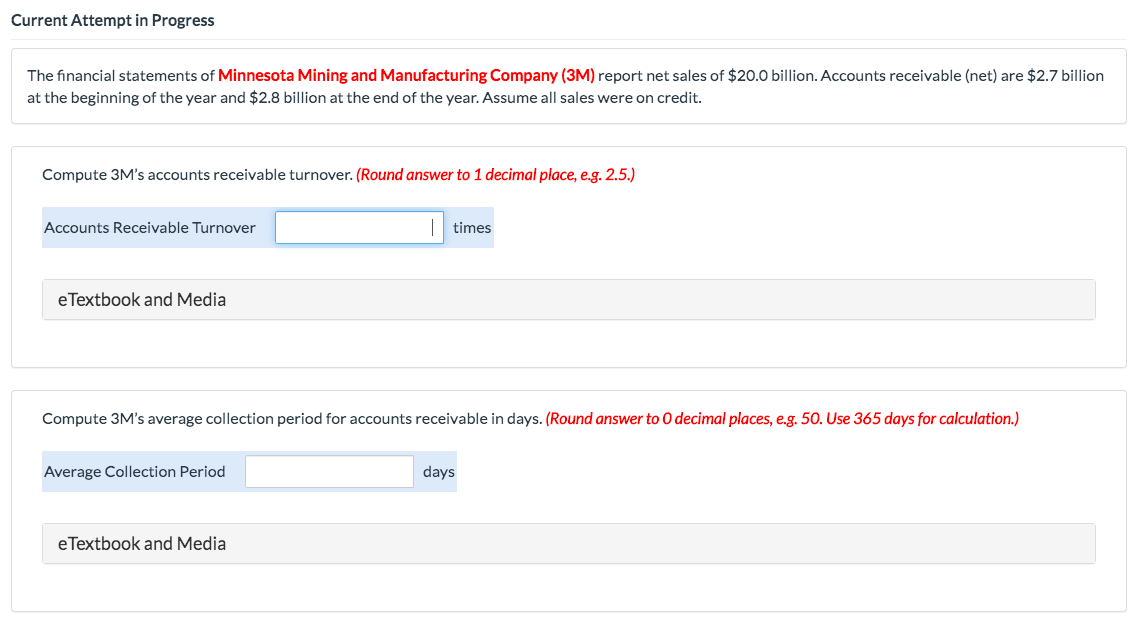
What Is Bookkeeping? Definition, Tasks, Terms to Know

Whether you outsource the work to a professional bookkeeper or do it yourself, you’ll be able to reap a variety of benefits. Bookkeeping is largely concerned with recordkeeping and data management. Bookkeepers make sure the information in the books is accurate and that the books are reconciled each month. Today’s technology offers various accounting software to simplify bookkeeping.
- This method offers a true snapshot of your assets and debts at any given time.
- Without bookkeeping, owners, investors, and shareholders would not have the tools needed to see where a company stands financially.
- With years of experience, bookkeepers can spot trends like these and help businesses anticipate and prepare for these moments.
- In order to make the best decisions possible, you need to have access to all available information.
Since bookkeeping is a more straightforward process than accounting, it is something that many people can (and do) opt to take care of themselves. As your business grows and you begin making higher profits, hiring staff and handling more transactions, however, it may make sense to outsource the details of bookkeeping to someone else. When first starting out, market yourself as a professional who is well-versed in managing accounts, reconciling transactions, providing financial overviews and balancing budgets. Ask for testimonials from people who have utilized your services in the past and spread the word about your offerings through a website or social media.
It also provides information to make general strategic decisions and a benchmark for its revenue and income goals. In short, once a business is up and running, spending extra time and money on maintaining proper records is critical. Simply put, business entities rely on accurate and reliable bookkeeping for both internal and external users. Bookkeeping is the ongoing recording equity swaps definition example and organization of the daily financial transactions of a business and is part of a business’s overall accounting processes. If you’re ready to take bookkeeping off your plate and delegate this task to someone else, it can be hard to know where to look. Start by reaching out to other business owners for recommendations, searching online for providers and checking out reviews on Google or Yelp.
Why Bookkeeping Is Important for Small Businesses

Bookkeeping is just one facet of doing business and keeping accurate financial records. With well-managed bookkeeping, your business can closely monitor its financial capabilities and journey toward heightened profits, breakthrough growth, and deserved success. Only an accountant licensed to do so can prepare certified financial statements for lenders, buyers and investors.
Bookkeeping Tools and Software
Without bookkeepers, companies would not be aware of their current financial position, as well as the transactions that occur within the company. Individuals who are successful bookkeeping professionals are highly organized, can balance ledgers accurately, have an eye for detail and are excellent communicators. While they seem similar at first glance, bookkeeping and accounting are two very different mediums. Bookkeeping serves as more of a preliminary function through the straightforward recording and organizing of financial information.
Our Services
From there, the total pay is determined with the applicable taxes and withholdings. In the accounting software, the primary journal entry for total payroll is a debit to the compensation what is replacement cost and how does it work account and credits cash. It’s important to note that not all lenders and investors require certified or audited financial statements.
Reviewed by Subject Matter Experts
If a company fails to comply with guidelines like these, it can face legal consequences, large fines, or even the loss of its license. Keeping records up-to-date year-round can ensure that a company is set up for success with all the documents and information needed to file taxes. These reasons are similar to examples of bookkeeping basics, bookkeeping vs accounting, and the best bookkeeping tools.
When done efficiently, bookkeeping fosters accurate and well-organized data that can inform key financial decisions for business owners and stakeholders. Bookkeeping is the process of keeping completed records of financial transactions and updating them periodically from time to time. It keeps records of aspects such as how much money your business owes and shall receive, what is the investment amount and the profit derived from it and such similar aspects. An essential bookkeeping purpose is helping companies forecast their finances and budget expenses. Analyzing financial data can give businesses valuable insights, allowing them to make decisions that lead to achieving financial goals and objectives. Investors want to know the financial performance of your business to be able to want to quantify the value of their investment.
There’s good news for business owners who want to simplify doing their books. Business owners who don’t want the burden of data entry can hire an online bookkeeping service. These services are a cost-effective way to tackle the day-to-day bookkeeping so that business owners can focus on what they do best, operating the the 11 best vodka mixers for your bar cart in 2020 business. For business owners who don’t mind doing the data entry, accounting software helps to simplify the process. You no longer need to worry about entering the double-entry data into two accounts.



